Home>Garden Essentials>What Is The Difference Between Organic Seeds And Heirloom Seeds
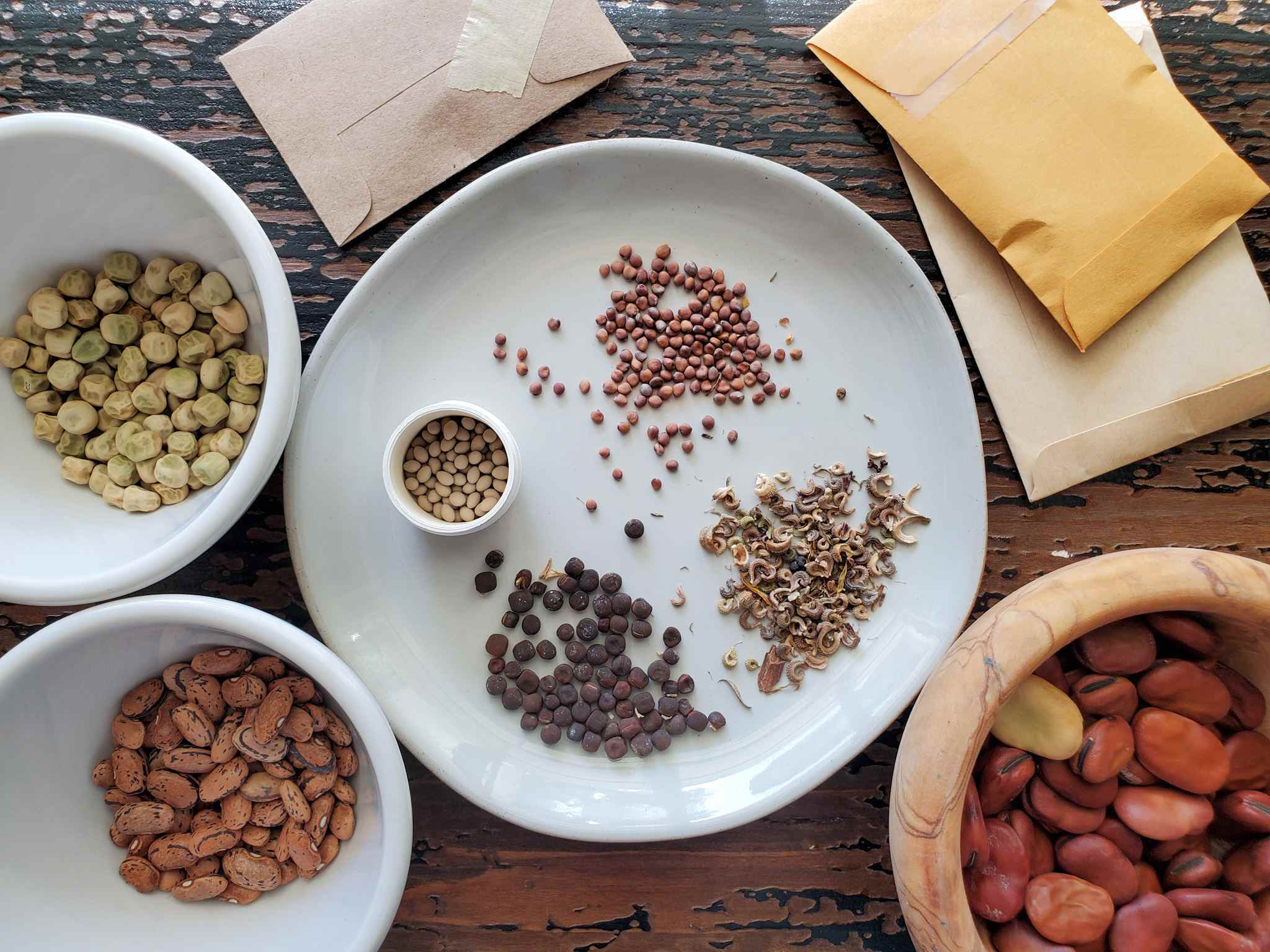

Garden Essentials
What Is The Difference Between Organic Seeds And Heirloom Seeds
Modified: March 16, 2024
Discover the distinction between organic seeds and heirloom seeds for your garden. Learn about the benefits and characteristics of each to make informed choices for your gardening needs.
(Many of the links in this article redirect to a specific reviewed product. Your purchase of these products through affiliate links helps to generate commission for Storables.com, at no extra cost. Learn more)
Introduction
Welcome to the wonderful world of gardening, where the joy of cultivating plants and witnessing their growth is unmatched. Whether you”re a seasoned gardener or just starting out, one important aspect to consider is the quality of the seeds you choose. In particular, there are two types of seeds that often come up in gardening discussions: organic seeds and heirloom seeds.
In this article, we will explore the difference between organic seeds and heirloom seeds, highlighting their unique characteristics, cultivation methods, seed quality, genetic diversity, and much more.
Understanding the distinctions between these two types of seeds will not only empower you to make informed choices for your garden, but it will also enable you to navigate the world of gardening with confidence, knowing that the plants you grow are the best fit for your needs and values.
Let’s delve into the fascinating realm of organic and heirloom seeds and uncover the magic and potential they hold.
Key Takeaways:
- Organic seeds are grown without synthetic chemicals, supporting healthier ecosystems and offering the potential for flavorful, nutritious plants. They prioritize sustainability and biodiversity, making them a great choice for environmentally conscious gardeners.
- Heirloom seeds carry a rich cultural history and offer diverse flavors and traits. They preserve traditional farming practices and genetic diversity, allowing gardeners to connect with the past and savor unique, time-honored plant varieties.
Definition of Organic Seeds
Organic seeds refer to seeds that are produced using organic farming practices, which prioritize the use of natural methods and materials. These methods exclude the use of synthetic fertilizers, pesticides, herbicides, and genetically modified organisms (GMOs).
Organic seeds are typically obtained from plants that have been grown organically, meaning they have been cultivated without the use of synthetic chemicals. These seeds are collected and preserved to maintain their organic integrity.
Organic farming practices focus on maintaining the health and fertility of the soil, promoting biodiversity, and minimizing harmful impacts on the environment. As a result, organic seeds are free from residual chemicals and are believed to offer several benefits.
To ensure the authenticity of organic seeds, they are often certified by reputable organizations that follow strict standards and guidelines. These certifications guarantee that the seeds have been produced and handled in accordance with organic farming principles.
By choosing organic seeds, gardeners contribute to sustainable agricultural practices, support biodiversity, and protect the health of the ecosystem. Additionally, organic seeds offer the potential for growing nutritious and flavorful plants that are free from synthetic chemical residues.
Now that we have a clear understanding of what organic seeds are, let’s explore their characteristics and what sets them apart from heirloom seeds.
Definition of Heirloom Seeds
Heirloom seeds are seeds that have been carefully passed down from generation to generation, preserving their unique traits, flavors, and characteristics. These seeds have a rich history and are often associated with nostalgia and cultural significance.
Unlike hybrid seeds, which are the result of controlled cross-pollination between different plant varieties, heirloom seeds are open-pollinated. This means that they are pollinated naturally, by insects, wind, or other natural means, allowing for the preservation of their distinct genetic makeup.
Heirloom seeds are characterized by their age, as they are generally at least 50 years old. Some heirloom seeds have been cultivated for centuries, tracing back to specific regions or communities. They are considered a valuable cultural heritage, representing a connection to the past and the preservation of traditional agricultural practices.
These seeds may come in a wide variety of colors, shapes, sizes, and flavors. They often possess unique and diverse characteristics that have been selected for over generations, resulting in plants that thrive in specific climates or have extraordinary disease resistance.
Heirloom seeds are a testament to the importance of biodiversity in the plant kingdom. They offer a glimpse into the rich tapestry of plant varieties that are often lost in commercial agriculture, where hybrid seeds dominate for their uniformity and marketability.
Growing plants from heirloom seeds allows gardeners to experience the flavors and qualities that were treasured by previous generations. They provide an opportunity to reconnect with our agricultural roots, conserve genetic diversity, and support sustainable farming practices.
Now that we have a solid understanding of both organic and heirloom seeds, let’s explore their unique characteristics and delve deeper into what sets them apart.
Characteristics of Organic Seeds
Organic seeds possess several unique characteristics that distinguish them from conventional seeds. These characteristics align with the principles and practices of organic farming and contribute to the overall sustainability and health of the garden ecosystem.
1. Non-GMO: Organic seeds are free from genetic modification. They have not undergone any artificial genetic alterations in the laboratory, ensuring that the plants grown from these seeds are natural and unaltered.
2. Chemical-free: Organic seeds are grown without the use of synthetic fertilizers, pesticides, and herbicides. This means that the resulting plants are not exposed to potentially harmful chemicals, making them a healthier choice for both humans and the environment.
3. High vitality: Organic seeds are carefully selected and handled to ensure their optimal quality and viability. They are often produced from healthy, vibrant plants that have been cultivated under favorable growing conditions, which contributes to their vigor and ability to produce robust and resilient offspring.
4. Adaptability: Organic seeds are often well-suited to local climates and growing conditions. Through the natural selection process, these seeds have adapted to specific regions over time, making them more resilient against local pests, diseases, and environmental challenges.
5. Enhanced flavor and nutrition: Organic farming practices emphasize soil health and fertility, which in turn leads to nutrient-rich plants. Organic seeds have the potential to yield fruits, vegetables, and herbs with enhanced flavors and higher nutritional content compared to conventionally grown counterparts.
6. Supporting biodiversity: By choosing organic seeds, gardeners play a vital role in preserving and promoting biodiversity. Organic farms often cultivate a diverse range of crops, helping to conserve and protect different plant varieties and their associated ecosystems.
7. Environmental sustainability: Organic seeds and the plants they produce are an integral part of sustainable agriculture. By avoiding synthetic chemicals and prioritizing ecological practices, organic seeds contribute to the preservation of soil health, water quality, and overall environmental balance.
Understanding the unique characteristics of organic seeds allows gardeners to make informed decisions that align with their values and promote a healthier, more sustainable approach to gardening. Now, let’s explore the distinctive characteristics of heirloom seeds and see how they differ from organic seeds.
Characteristics of Heirloom Seeds
Heirloom seeds possess a set of distinct characteristics that set them apart from other types of seeds. These characteristics contribute to the uniqueness and value of heirloom plants, making them a beloved choice among gardeners who appreciate the rich history and diversity they offer.
1. Historical Significance: Heirloom seeds have a rich heritage and cultural significance. They are often associated with specific regions or communities and have been handed down through generations. Growing plants from heirloom seeds allows gardeners to connect with the past and preserve traditional agricultural practices.
2. Genetic Diversity: Heirloom seeds exhibit a wide range of genetic diversity. Over time, they have adapted to different growing conditions, climates, and pest pressures, resulting in a vast array of plant varieties. This diversity provides options for gardeners to select seeds that are suitable for their specific needs and preferences.
3. Unique Traits and Flavors: Heirloom seeds produce plants with unique characteristics, flavors, and appearances. Whether it’s the vibrant colors of heirloom tomatoes or the distinct flavors of heirloom herbs, these seeds offer a wide palette of tastes and textures that can elevate culinary experiences and bring joy to the garden.
4. Open Pollination: Heirloom seeds are open-pollinated, which means they allow for natural cross-pollination between plants. This natural pollination process results in plants that are true to their original form, maintaining their unique traits and genetic makeup.
5. Preservation of Heritage Seeds: Growing plants from heirloom seeds helps preserve rare and endangered plant varieties. By cultivating and saving these seeds, gardeners play a vital role in protecting the genetic diversity of the plant kingdom and ensuring the survival of unique heritage plants.
6. Adaptability: Heirloom seeds often demonstrate adaptability to specific regions and climates. Over generations, these seeds have acclimated to different environmental conditions, making them well-suited to certain locations and offering increased resilience against pests, diseases, and challenging growing conditions.
7. Seed Saving: Heirloom seeds are conducive to seed saving practices. Gardeners can collect and store the seeds from heirloom plants to replant in subsequent seasons, allowing for self-sufficiency and the continuation of heirloom traditions.
Understanding the characteristics of heirloom seeds allows gardeners to appreciate the value and uniqueness they bring to the garden. Now that we have explored the specific traits of both organic and heirloom seeds, let’s delve into the differences in cultivation methods between the two.
When choosing between organic and heirloom seeds, remember that organic seeds are grown without synthetic pesticides or fertilizers, while heirloom seeds are open-pollinated varieties that have been passed down for generations. Both types offer unique benefits for sustainable gardening.
Differences in Cultivation Methods
The cultivation methods used for organic seeds and heirloom seeds differ in their approaches and principles. These distinct approaches influence how the seeds are produced and the practices involved in their cultivation. Let’s explore the differences in cultivation methods between organic seeds and heirloom seeds.
Organic Seeds: Organic seed cultivation follows the principles of organic farming, prioritizing sustainability, ecological balance, and natural practices. Organic seeds are produced using methods that avoid the use of synthetic fertilizers, pesticides, and genetically modified organisms (GMOs).
Organic seed farmers focus on building healthy soils through practices such as composting and natural fertilization. They use organic pest and disease control methods, such as crop rotation and the introduction of beneficial insects, to manage pests without relying on chemical interventions.
In addition, organic seed farmers often prioritize maintaining genetic purity and minimizing cross-pollination with non-organic crops. They may employ isolation techniques or stagger planting schedules to prevent contamination from nearby crops that may not adhere to organic standards.
Heirloom Seeds: Heirloom seed cultivation typically emphasizes the preservation and continuation of unique genetic traits and characteristics. The focus is on maintaining the authenticity of heirloom varieties through careful selection and seed-saving practices.
Heirloom seed farmers often prioritize the process of selecting and saving seeds from plants that exhibit desired traits, flavors, and characteristics. This involves hand-pollination to prevent cross-pollination and ensure the genetic consistency of the plants.
Traditional farming practices, such as saving seeds from the best-performing plants and selecting for specific traits over generations, play a significant role in heirloom seed cultivation. The goal is to maintain the purity of the seed line and preserve the unique characteristics that make heirloom varieties so special.
While both organic seeds and heirloom seeds share the goal of producing plants with distinct qualities, the cultivation methods used for each focus on different aspects. Organic seed cultivation prioritizes sustainable and environmentally friendly practices, while heirloom seed cultivation focuses on preserving genetic heritage and unique traits.
Now that we understand the differences in cultivation methods, let’s explore the variations in seed quality between organic and heirloom seeds.
Differences in Seed Quality
Seed quality is an essential factor to consider when selecting seeds for your garden. Both organic seeds and heirloom seeds have distinct qualities that set them apart in terms of seed quality. Let’s explore the differences in seed quality between these two types.
Organic Seeds: Organic seeds are produced following strict standards and guidelines set by organic certifying bodies. These standards ensure that the seeds are produced using organic farming practices and do not contain synthetic chemicals or genetically modified organisms (GMOs).
Because organic farming focuses on soil health and biodiversity, organic seeds are often associated with high quality. The plants grown from organic seeds tend to have strong genetic traits, as they adapt to their natural environment without the aid of synthetic chemicals.
Organic seeds also undergo rigorous testing to ensure their purity and viability. This includes checking for contaminants, such as other crop varieties or genetically modified organisms, and assessing the percentage of germination to ensure that the seeds have a high chance of producing healthy plants.
Heirloom Seeds: Heirloom seeds have their own unique qualities in terms of seed quality. These seeds are typically open-pollinated, meaning they are pollinated naturally by insects, wind, or other natural means. This natural pollination process helps maintain genetic diversity and can contribute to robust and vigorous plants.
However, the seed quality of heirloom varieties can vary, as they are often saved and passed down through generations by individual gardeners. It is crucial to select heirloom seeds from reputable sources that prioritize seed quality and practice proper seed-saving techniques.
Since heirloom seeds carry a rich genetic history, it is important to ensure their authenticity and purity. Reputable seed suppliers and organizations often take measures to maintain the genetic integrity of heirloom seeds, ensuring that they remain true to their original form and maintain their unique traits.
When choosing between organic and heirloom seeds, the seed quality considerations may differ. Organic seeds are well-regulated and undergo meticulous testing, while heirloom seeds may require a bit more research to ensure their authenticity and quality.
Now that we understand the differences in seed quality, let’s explore how organic and heirloom seeds differ in terms of their genetic diversity.
Differences in Genetic Diversity
Genetic diversity plays a vital role in the resilience and adaptability of plants. Both organic seeds and heirloom seeds offer unique genetic traits and characteristics, but they differ in terms of their genetic diversity. Let’s explore the variations in genetic diversity between these two types of seeds.
Organic Seeds: Organic seeds, particularly those that are certified organic, prioritize biodiversity and the preservation of genetic diversity. Organic farming practices encourage the cultivation of a wide range of crops, promoting a diverse ecosystem and reducing the risk of crop failure due to pests or diseases targeting specific plant varieties.
Organic seed farmers often focus on conserving and increasing genetic diversity by growing different crop varieties on their farms. This encourages the development of diverse genetic traits and characteristics within the organic seed stock.
Furthermore, organic farming practices emphasize seed saving, allowing for the perpetuation of diverse genetic lines. This can contribute to the preservation of rare and unique plant varieties that may not be found in commercial agriculture.
Heirloom Seeds: Heirloom seeds are known for their extensive genetic diversity. These seeds have been handed down through generations, allowing for the preservation of genetic traits and characteristics that may not be found in modern hybrid varieties.
While some heirloom seeds may have limited genetic diversity within their specific variety, the collective pool of heirloom seeds encompasses a vast array of genetic traits. This is because heirloom varieties have been cultivated and adapted to various regions over time, resulting in a diverse range of plants with unique traits, flavors, and visual characteristics.
Heirloom seeds also play a crucial role in preserving plant biodiversity. By cultivating and saving heirloom seeds, gardeners contribute to the conservation of rare and endangered plant varieties, ensuring the continuation of diverse genetic lines.
Both organic seeds and heirloom seeds offer distinct genetic diversity. Organic seeds focus on promoting overall biodiversity within the farm ecosystem, while heirloom seeds bring forth a wealth of genetic diversity within specific varieties.
Now that we understand the differences in genetic diversity, let’s explore the role of consumer preferences and availability in choosing between organic and heirloom seeds.
Consumer Preferences and Availability
Consumer preferences and the availability of seeds both play significant roles in the choices gardeners make when selecting between organic seeds and heirloom seeds. These factors influence the demand, accessibility, and overall popularity of each type of seed. Let’s explore how consumer preferences and availability differ for organic and heirloom seeds.
Consumer Preferences: Consumer preferences vary depending on factors such as health concerns, environmental consciousness, flavor preferences, and cultural significance. Some consumers prioritize organic seeds due to the desire to grow plants that are free from synthetic chemicals and genetically modified organisms (GMOs).
Organic seeds align with the growing demand for organic produce in the market, as they contribute to healthier and more sustainable gardening practices. Gardeners who prioritize organic gardening techniques, support biodiversity, and value environmental stewardship are more likely to choose organic seeds.
On the other hand, heirloom seeds attract gardeners who appreciate the historical significance, unique flavors, and diverse characteristics of heirloom plant varieties. Some gardeners cultivate heirloom seeds to preserve traditional agricultural practices or connect with their cultural heritage through specific heirloom varieties.
Availability: The availability of organic and heirloom seeds may vary depending on location and commercial demand. Organic seeds have gained substantial popularity in recent years, leading to a wider availability in seed catalogs, garden centers, and online platforms.
Organic seed suppliers and companies that specialize in organic gardening products often offer a wide selection of organic seeds, making them more accessible to gardeners. Additionally, many farmers’ markets and community seed swaps may feature organic seed vendors, providing gardeners with local and organic seed options.
Heirloom seeds may have a more limited availability compared to organic seeds. While there are reputable heirloom seed suppliers and organizations dedicated to preserving heirloom varieties, the range of available heirloom seeds may be more niche and specific to certain regions or cultural communities.
However, the popularity of heirloom seeds has been steadily increasing, leading to a broader selection of heirloom varieties becoming more widely available through online resources and specialized seed companies.
Overall, consumer preferences for organic and heirloom seeds are influenced by personal values, health considerations, flavor preferences, and cultural connections. The availability of both types of seeds has expanded in response to the growing demand, making it easier for gardeners to find and choose the seeds that align with their preferences.
Now that we’ve explored consumer preferences and availability, let’s summarize the key points and conclude our discussion on the differences between organic and heirloom seeds.
Conclusion
In conclusion, the world of gardening offers a diverse array of seeds to choose from, each with its own unique characteristics and qualities. Organic seeds and heirloom seeds are two types of seeds that often come up in gardening discussions, and understanding their differences can help gardeners make informed choices for their gardens.
Organic seeds are produced using organic farming practices that prioritize sustainability, natural methods, and the avoidance of synthetic chemicals. They offer qualities such as being non-GMO, chemical-free, and high vitality. Organic seeds contribute to healthier ecosystems, support biodiversity, and provide the potential for growing nutritious and flavorful plants.
Heirloom seeds, on the other hand, carry a rich cultural and historical significance. They have been carefully preserved and passed down through generations, maintaining the unique flavors, traits, and genetic diversity of the past. Heirloom seeds offer a wide range of tastes, colors, and adaptations to specific regions, allowing gardeners to experience the legacy of traditional farming practices and support the preservation of rare and endangered plant varieties.
While cultivation methods differ between organic and heirloom seeds, both types embrace sustainable and environmentally friendly approaches. Organic seeds adhere to organic farming principles, promoting biodiversity, soil health, and genetic purity. Heirloom seeds focus on preserving genetic heritage, utilizing open-pollination, and engaging in seed-saving practices to maintain the authenticity and diversity of the plant varieties.
When it comes to seed quality, organic seeds undergo strict testing to ensure they meet organic standards, while the quality of heirloom seeds may depend on reputable sources and proper seed-saving practices. Both types can provide gardeners with high-quality seeds that yield healthy and resilient plants.
Consumer preferences play a significant role in the choice between organic and heirloom seeds, with some prioritizing organic gardening practices and others seeking the unique flavors and historical connections that heirloom varieties offer. Availability has also expanded for both types, with organic seeds becoming more prominent and heirloom seeds gaining popularity through specialized suppliers.
In the end, the choice between organic seeds and heirloom seeds depends on individual preferences, values, and gardening goals. Both offer exciting possibilities for gardeners to cultivate plants that align with their values, support sustainability, and bring joy to their gardens and tables.
So, whether you choose to grow plants from organic seeds for their purity and environmental benefits or opt for heirloom seeds to honor tradition and savor unique flavors, the world of gardening invites you to embark on a rewarding journey filled with growth, discovery, and the splendor of nature.
Frequently Asked Questions about What Is The Difference Between Organic Seeds And Heirloom Seeds
Was this page helpful?
At Storables.com, we guarantee accurate and reliable information. Our content, validated by Expert Board Contributors, is crafted following stringent Editorial Policies. We're committed to providing you with well-researched, expert-backed insights for all your informational needs.
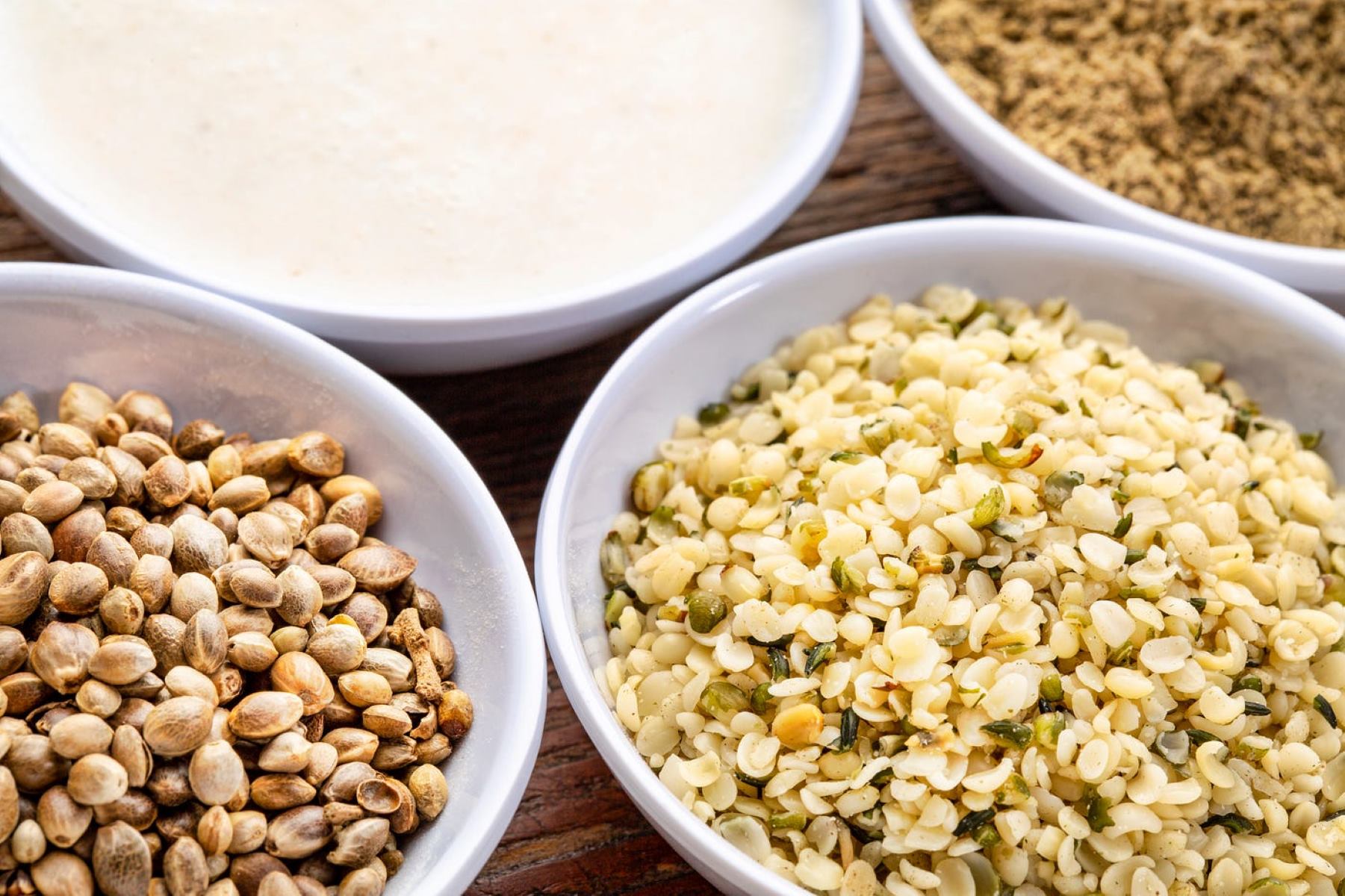
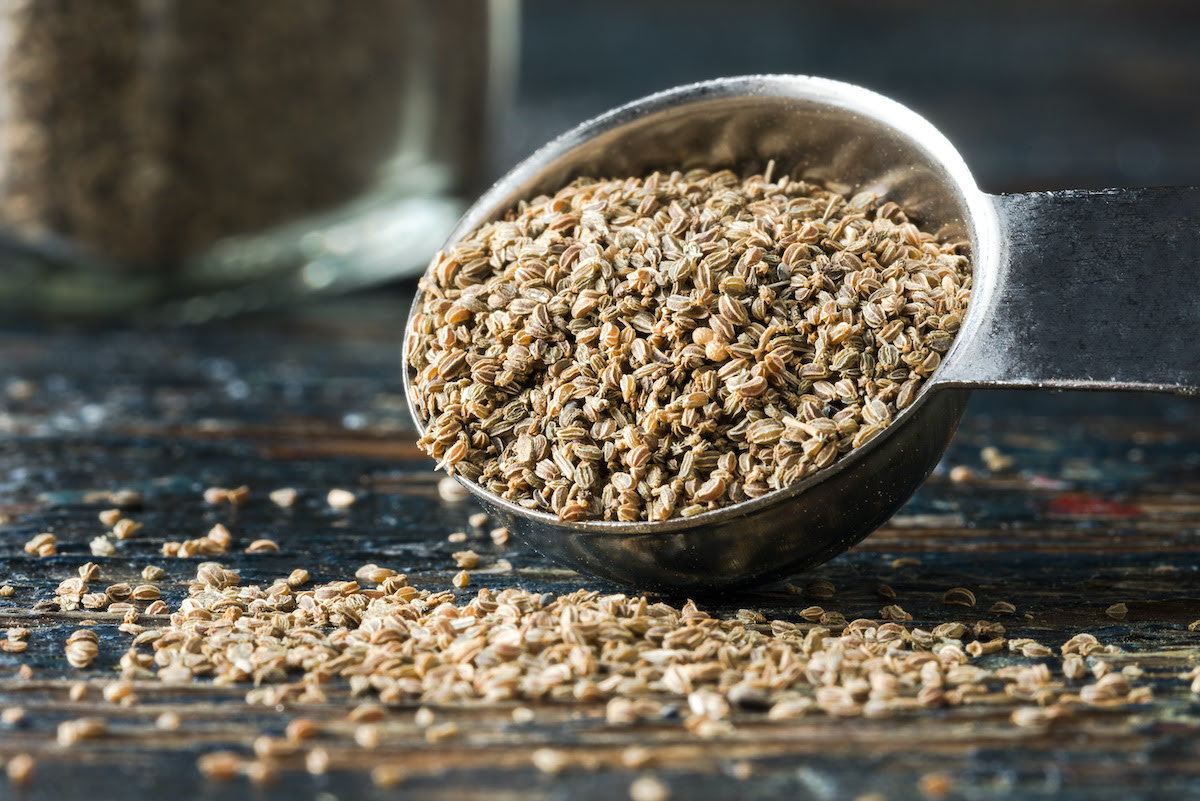
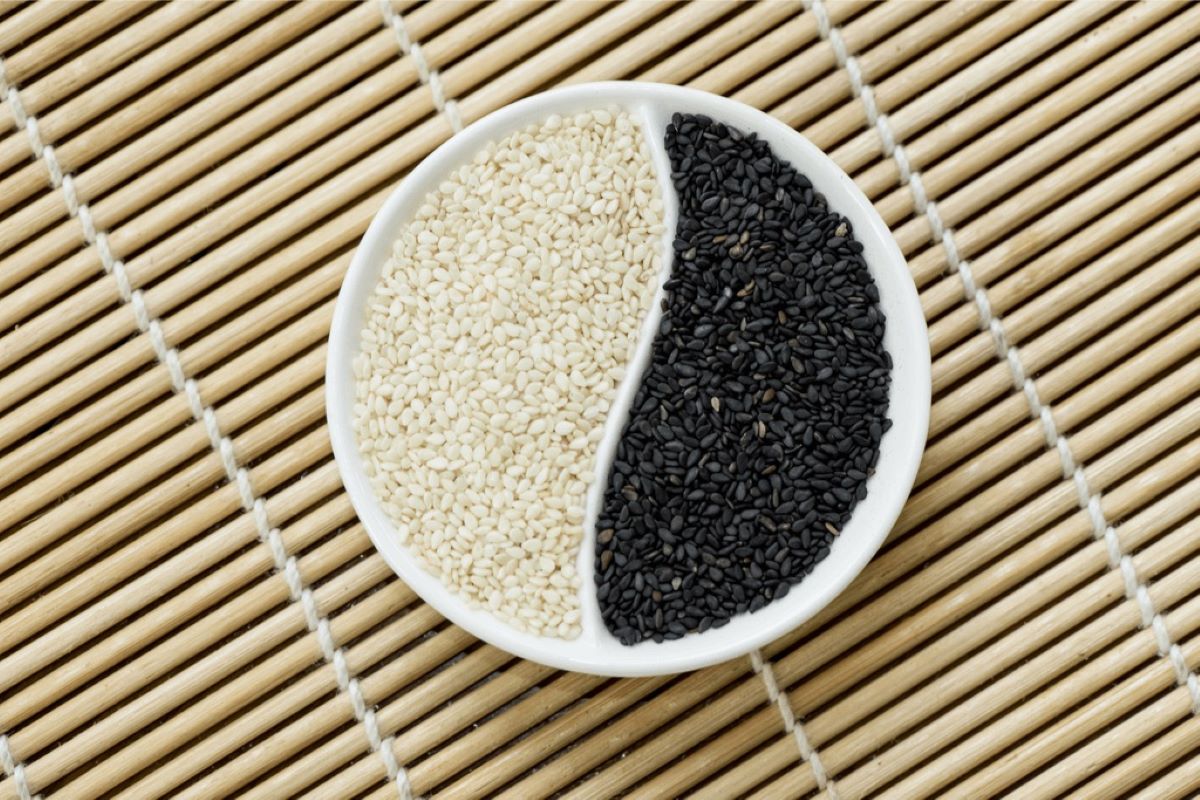
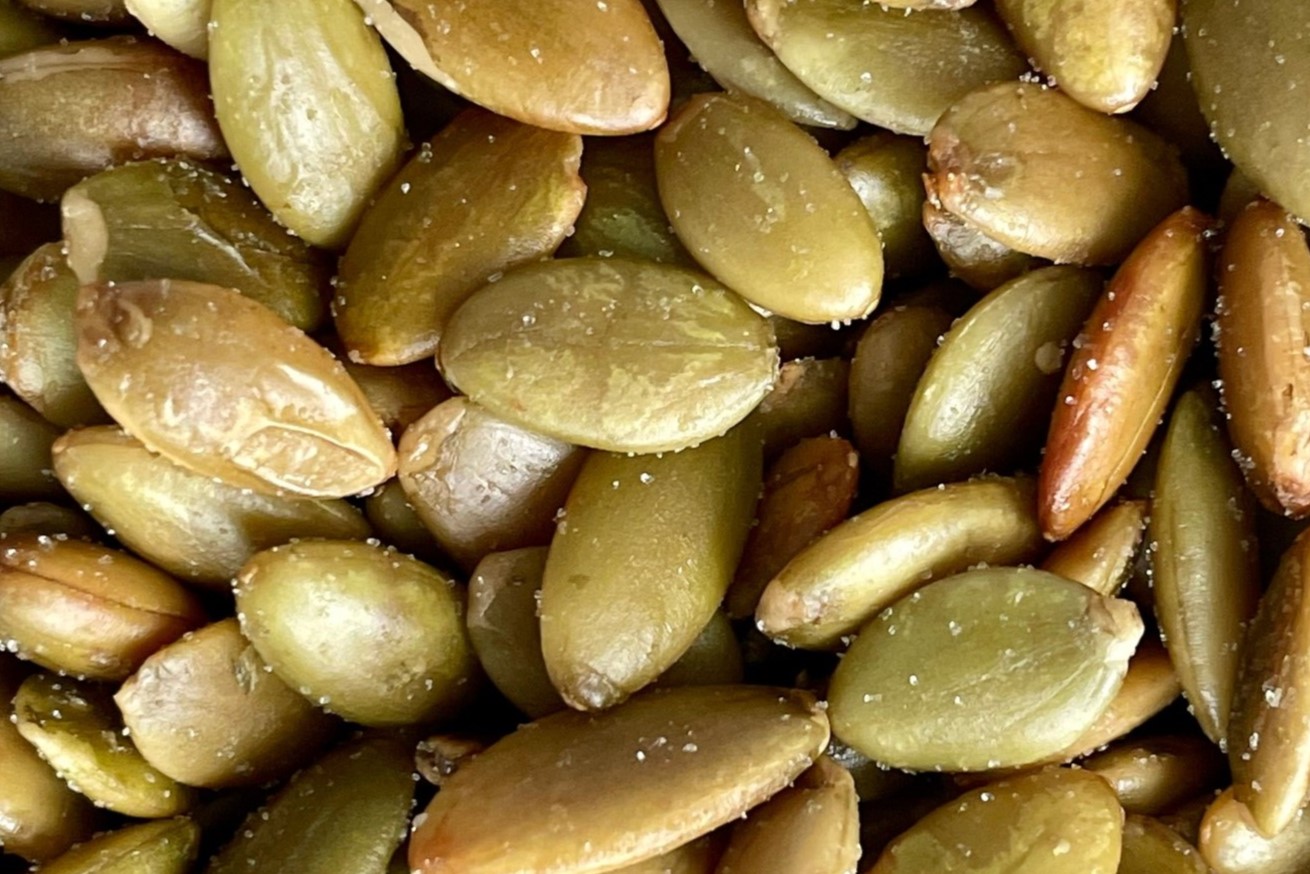
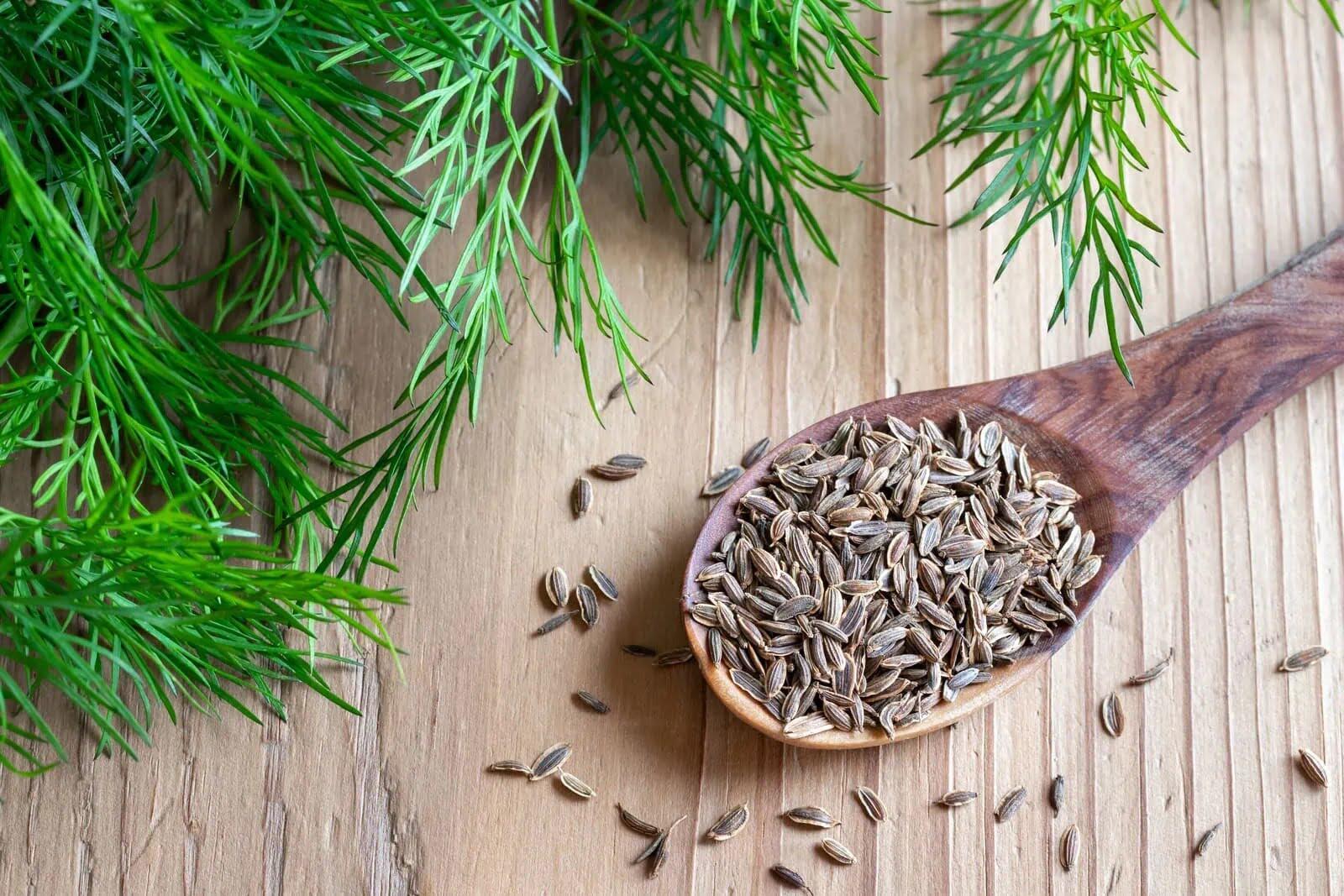
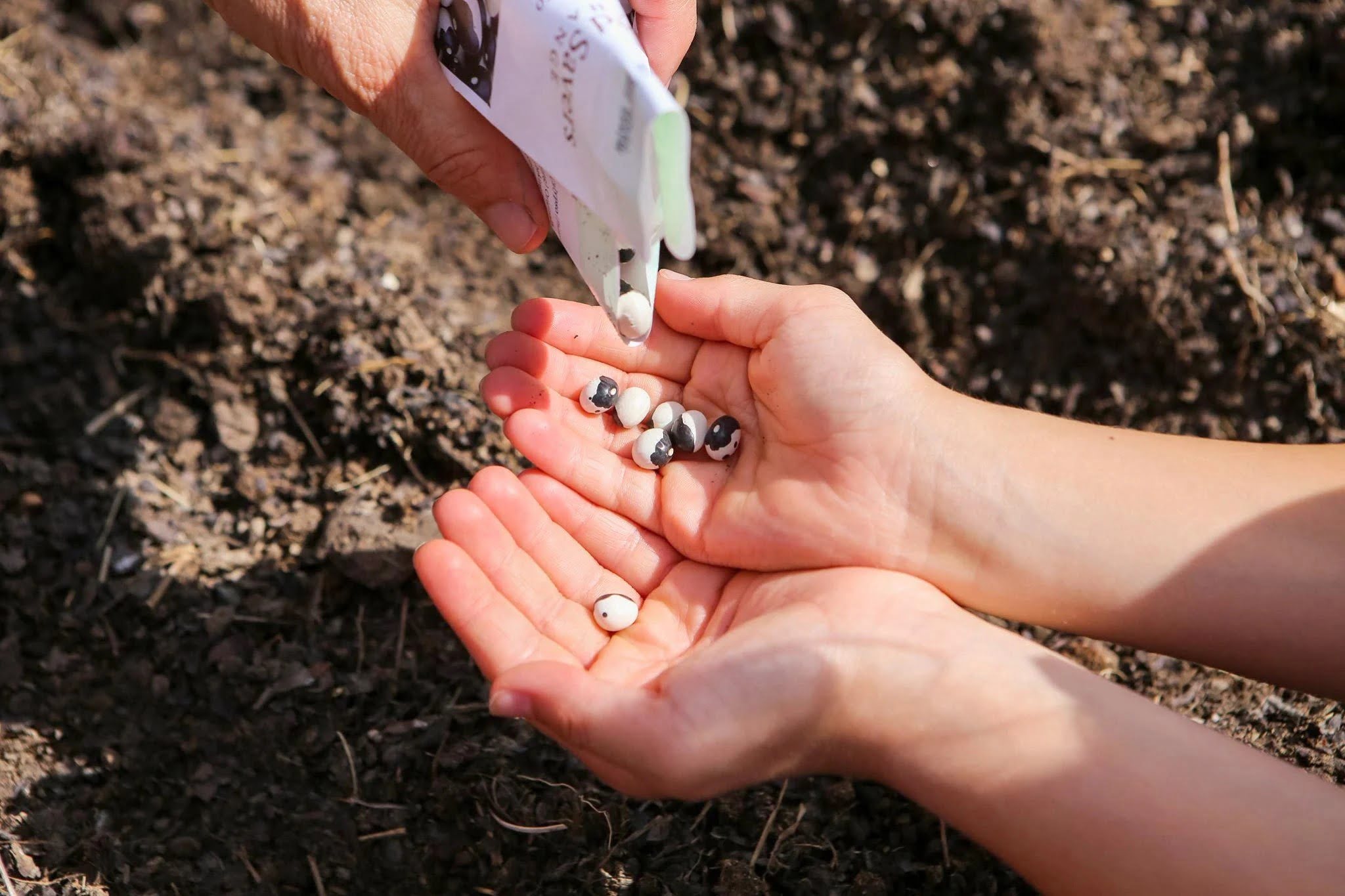
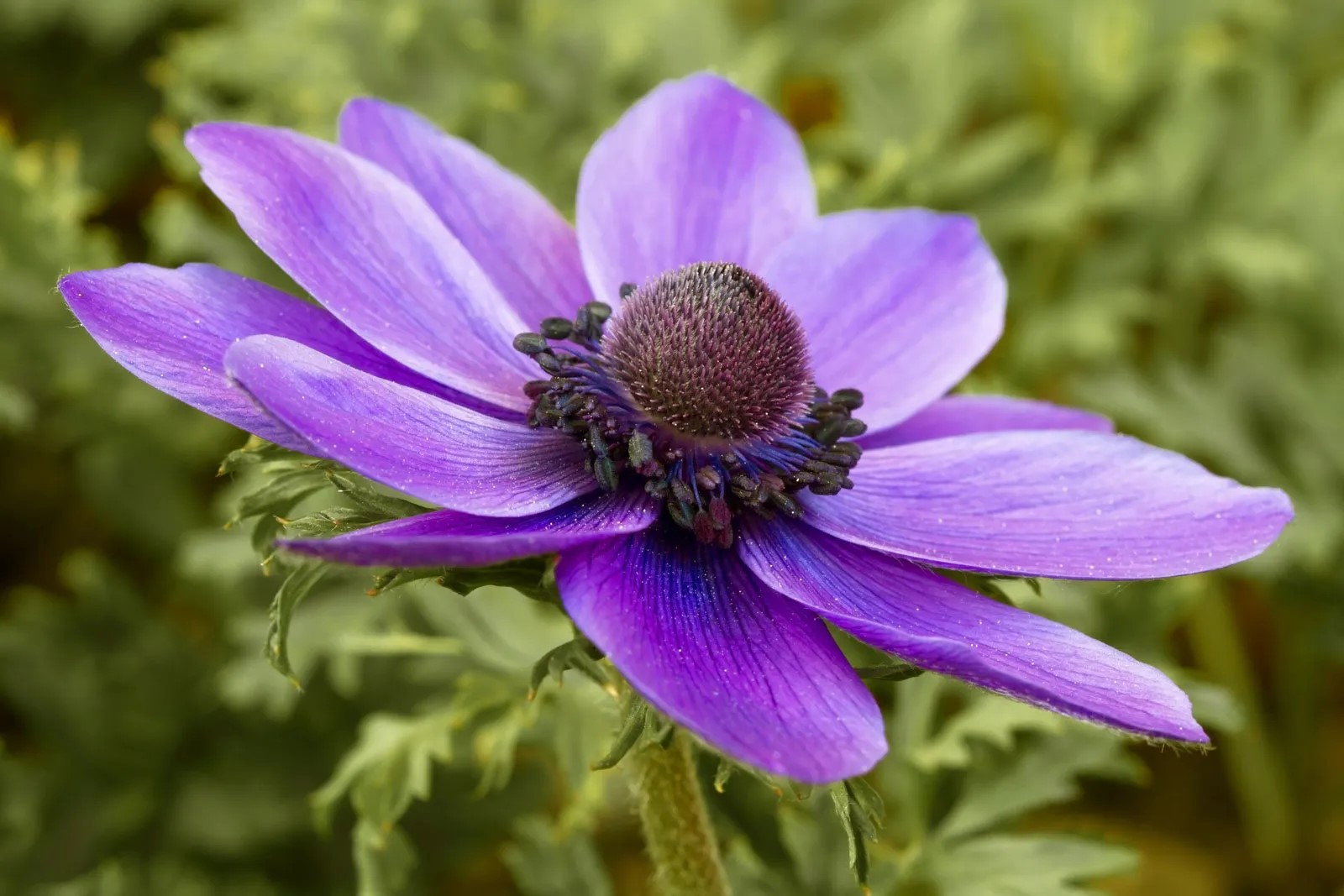
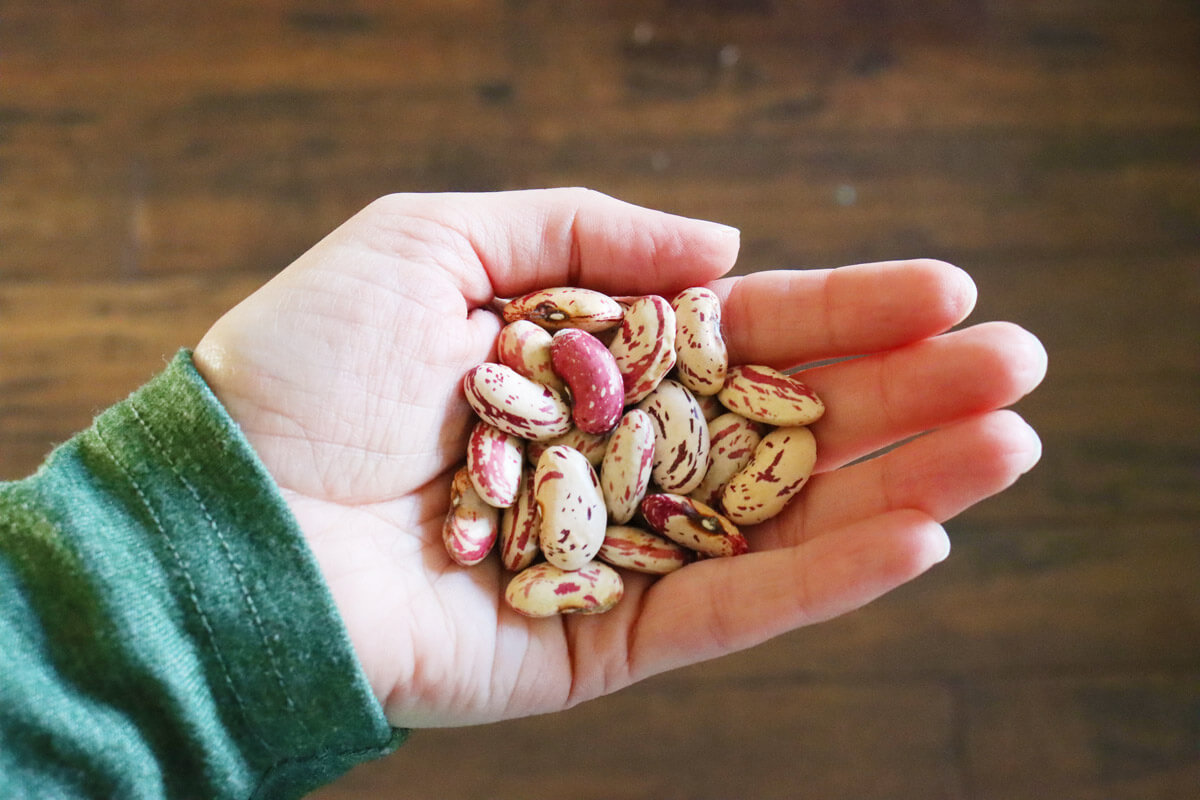
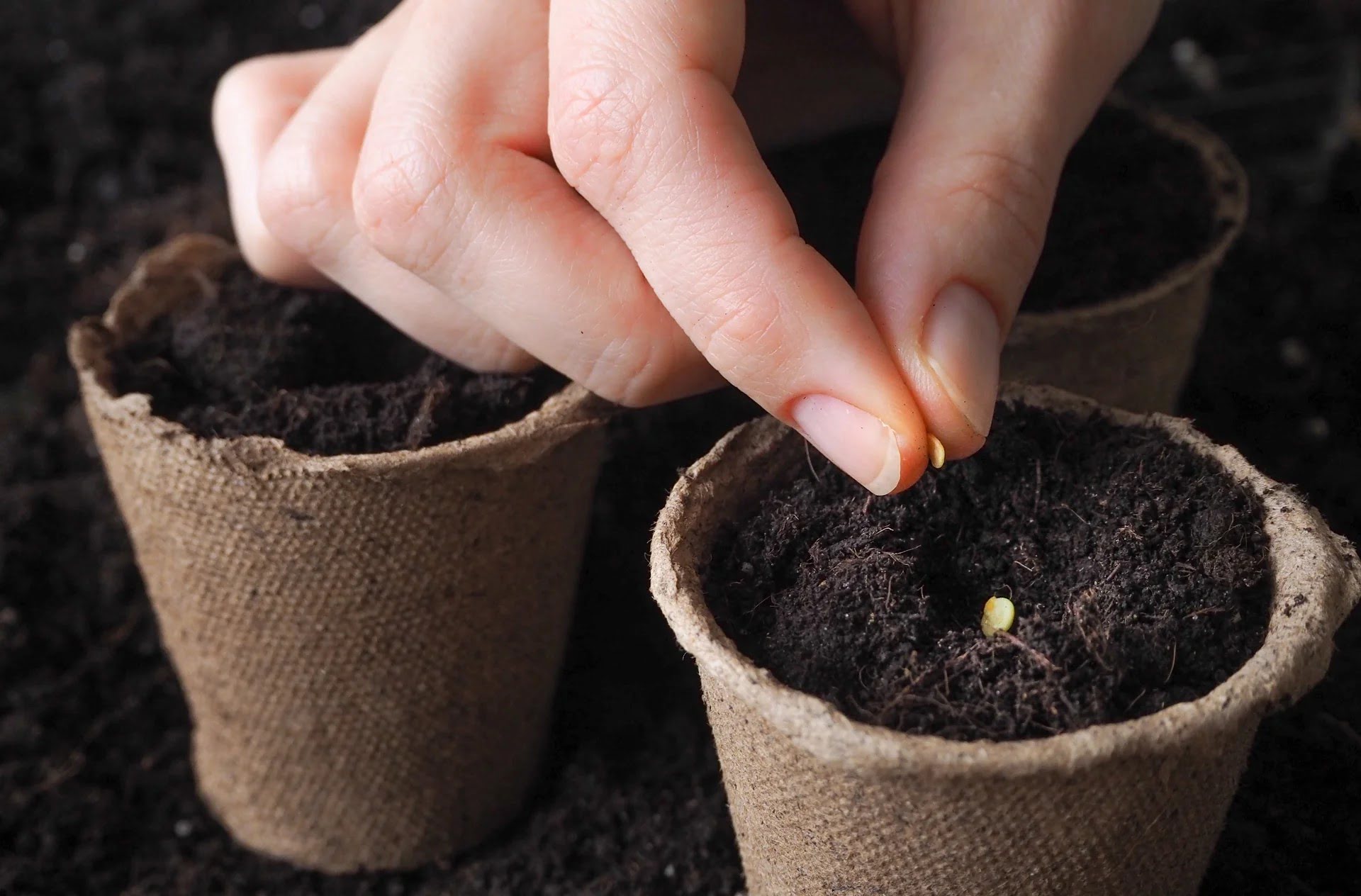





0 thoughts on “What Is The Difference Between Organic Seeds And Heirloom Seeds”